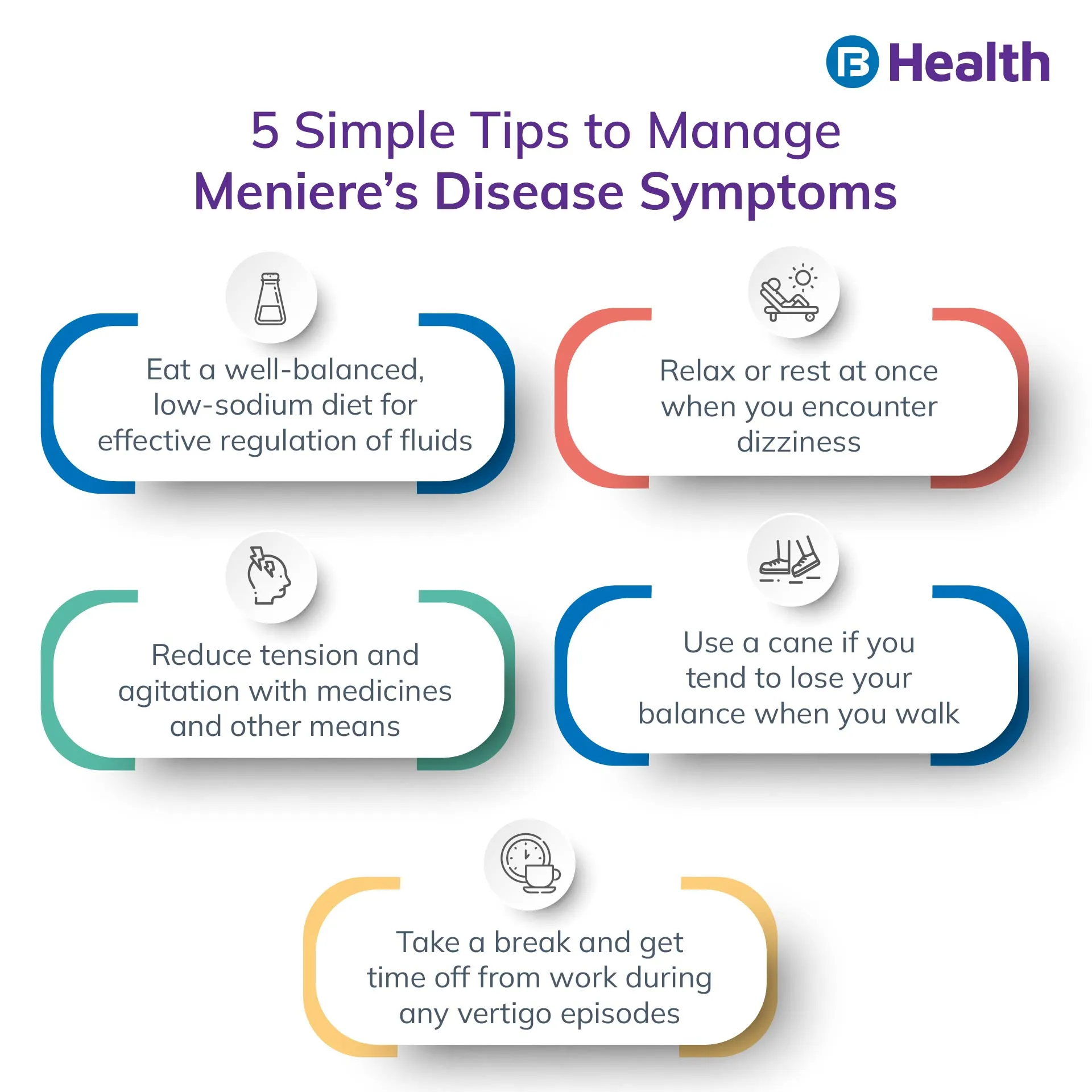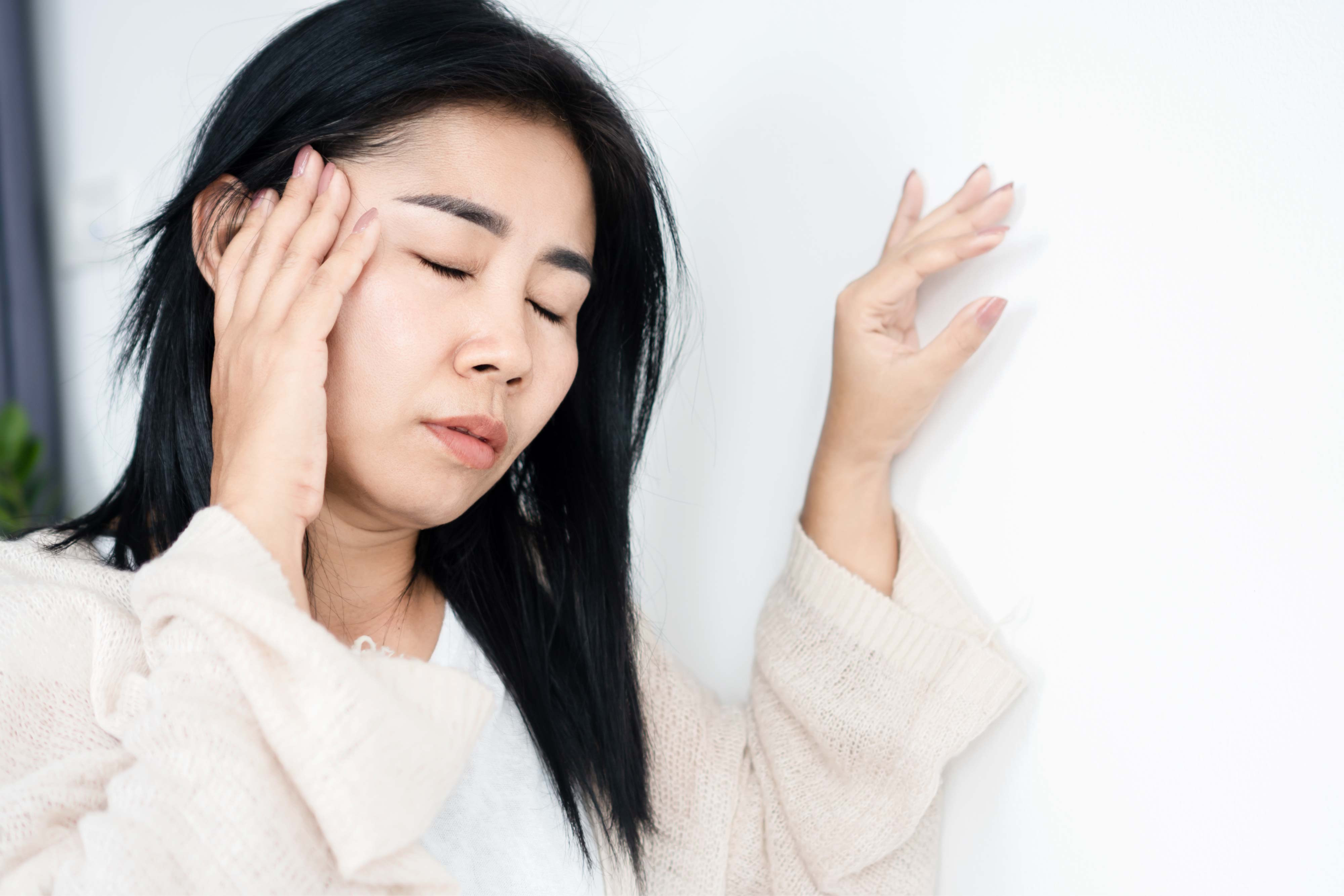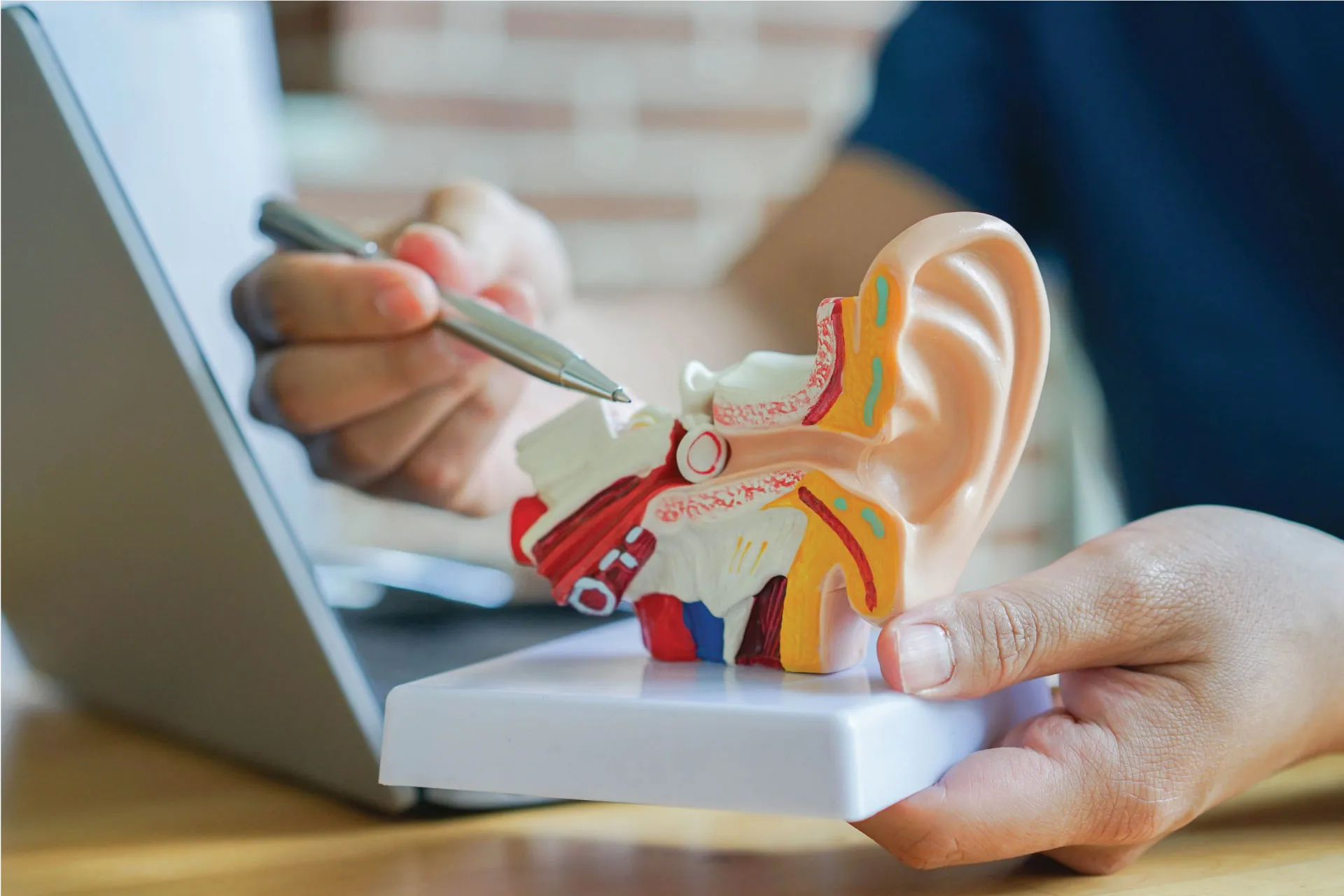ENT | 5 min read
Meniere Disease: Causes, Symptoms and Diagnose
Medically reviewed by
Table of Content
Synopsis
Meniere’s disease is a rare disorder affecting your ears. If Meniere’s disease symptoms are left unchecked, you may experience hearing loss. Read to know about Meniere’s disease treatment options.
Key Takeaways
- Meniere’s disease causes vertigo, deafness and tinnitus
- Dizziness is one of the common Meniere’s disease symptoms
- Pressure pulse therapy is a Meniere’s disease treatment option
Meniere disease affects the innermost part of your ear. It is one of the rarest ear disorders and can hamper your hearing and balancing abilities. If timely medical intervention is not provided, Meniere’s disease symptoms may even lead to permanent hearing loss.
Meniere’s disease treatment includes having medicines to minimize your symptoms. You may also have to modify your lifestyle as a part of Meniere’s disease treatment plan.
A few other ear conditions caused by this condition include tinnitus and vertigo, apart from progressive deafness. Statistics reveal that approximately 12 out of every 1000 people experience Meniere’s disease on a global scale.
While it is known to cause problems in one ear, there have been about 15% of cases in which this condition has occurred in both ears [1]. A study conducted in India concluded that around 15.6% of people had been affected by Meniere’s disease, with a higher incidence of this condition seen in men [2].
Meniere’s disease was discovered in 1861 by a noted French physician called Prosper Meniere. This is how the condition got its name. Though it can occur in anyone, approximately 75% of patients are between 30-60 years of age. Read on to get a proper insight into Meniere’s disease causes, Meniere’s disease symptoms, and its treatment.
Additional read: Suffering from Hearing LossHow is Meniere Disease Caused?
The exact cause of Meniere’s disease remains unknown. As per medical science, an abnormal accumulation of ear fluid in your inner ear causes this condition. A few other causes of Meniere’s disease include:
- Genetics
- Any type of allergy
- Autoimmune diseases
Various reasons for the abnormal fluid accumulation triggering Meniere’s disease include the following.
- Viral infection in your ear
- Lack of proper drainage of the fluid
- Erratic immune responses
- Genetically vulnerable to infections

What are the Signs of Meniere Disease?
Meniere’s disease symptoms occur in the form of attacks. A few symptoms of Meniere’s disease include the following.
- The presence of a ringing sensation in your ear called tinnitus
- Inability to balance yourself properly
- Persistent headaches
- Vertigo attacks that may even extend up to 24 hours
- Hearing problems in the affected ear
- Profuse sweating
- Vomiting and nausea due to vertigo
If you are suffering from Meniere’s disease, you may experience a minimum of two or three of the above-mentioned Meniere’s disease symptoms simultaneously. During vertigo, your head starts and stops spinning suddenly. You may also feel pressure in your affected ear if you have this condition. After an attack, you may feel your symptoms improving before the next episode sets in.
How is Meniere Disease Diagnosed?
If you experience Meniere’s disease symptoms, visit a doctor for an accurate diagnosis and a treatment plan. Your ENT specialist may inquire about the symptoms and their frequency.
You may have to undergo a few diagnostic tests to confirm if you are experiencing Meniere’s disease. The most common test is the hearing test. This test helps in measuring your hearing ability and is done with the help of an audiogram.
In some cases, a brain MRI is done to negate conditions like a brain tumor that can also cause hearing loss or dizziness. Another diagnostic test for Meniere’s disease is the vestibular battery test. It is conducted to assess the reflex of the inner ear and eye muscles. Various other diagnostic tests include:
- Rotary chair testing
- CT scan
- Electronystagmography
- Posturography

What is Meniere Disease Treatment Regime?
Though there is no proper cure for Meniere’s disease, making minor changes in your lifestyle and taking medications help you cope with it. Since vertigo is one of the most common Meniere’s disease symptoms, you can manage dizziness by taking prescription drugs. A few medicines like antihistamines and motion sickness tablets help you deal with vertigo attacks.
You can combat the excess fluid accumulation by taking a diuretic. This helps in reducing the fluid amount in your body. By limiting your salt intake, you can control the symptoms of Meniere’s disease, like dizziness. To reduce vertigo symptoms, your doctor may also inject medication directly into your inner ear.
If you want to reduce vertigo symptoms, you can also practice vestibular rehabilitation exercises. These exercises help you maintain a balance between your ears and ease your Meniere’s disease symptoms. A few lifestyle modifications for managing this condition include:
- Avoiding smoking
- Limiting the intake of chocolate, alcohol, and caffeine
Another noted Meniere’s disease treatment plan is the pressure pulse treatment to minimize the episodes of vertigo. In this method, a device will be fitted to your outer ear. This device will release pressure on your middle ear and reduce your vertigo symptoms. To help you cope with other symptoms of Meniere’s disease like anxiety and stress, cognitive therapy proves useful.
Conclusion
If your symptoms don’t subside, you may have to undergo surgical procedures in case of severe attacks. The endolymphatic sac surgical procedure helps minimize your ear fluid production and increases the fluid drainage in your inner ear. This results in minimal fluid accumulation in the ear and reduces the risk of Meniere’s disease.
Meniere’s disease requires you to follow specific strategies to ease its symptoms. Though the cure is unknown, such minor lifestyle modifications help you easily manage the condition. For instance, if you are often prone to seasonal allergies, try out various home remedies of ayurvedic treatment for cold and cough.
Adopting various self-care techniques can help you reduce the impact of this condition. Make sure that you meet an ENT surgeon and discuss the symptoms of Meniere’s disease. You can talk to renowned specialists on Bajaj Finserv Health. Get a doctor's consultation and address your symptoms quickly. Whether you experience sore throat or strep throat symptoms, meet an ENT specialist and nip all the problems right in the bud! If you want to protect yourself from any disease, you can avail of health insurance.
References
- https://hearinghealthfoundation.org/menieres-disease-statistics#:~:text=It's%20estimated%20that%20there%20are,impacts%2012%20in%201000%20people.
- https://www.ncbi.nlm.nih.gov/pmc/articles/PMC3477425/
Disclaimer
Please note that this article is solely meant for informational purposes and Bajaj Finserv Health Limited (“BFHL”) does not shoulder any responsibility of the views/advice/information expressed/given by the writer/reviewer/originator. This article should not be considered as a substitute for any medical advice, diagnosis or treatment. Always consult with your trusted physician/qualified healthcare professional to evaluate your medical condition. The above article has been reviewed by a qualified doctor and BFHL is not responsible for any damages for any information or services provided by any third party.





